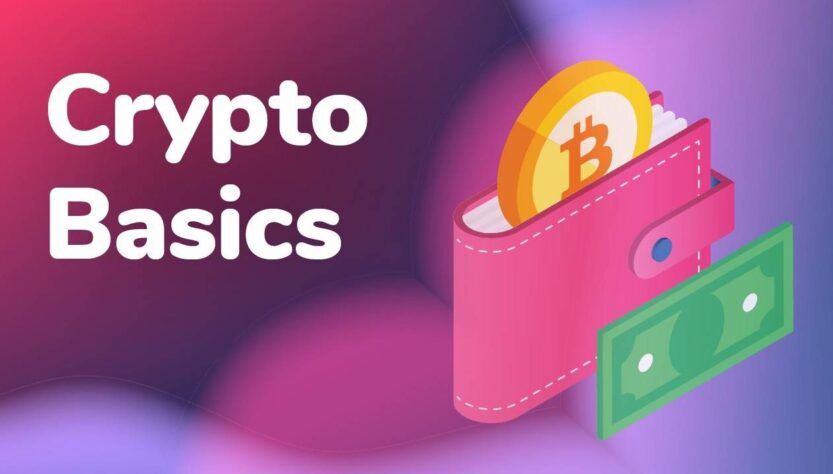Everyone has likely heard of bitcoin and cryptocurrency before, the world is abuzz with tales of newly minted millionaires driving bugattis in Miami. And where there is money, courier minds will follow. Today, everyone from entrepreneurs to financial services and IT professionals are learning about bitcoin online, through friends, or even from a cryptocurrency course which can aid you in learning to critically assess the viability of any cryptocurrency project.
But what is bitcoin anyway? This article will tackle the basics behind the world’s largest and most popular cryptocurrency.
What is Bitcoin?
Bitcoin is a type of digital currency and is considered a worldwide payment system. Compared to traditional currencies like printed bills or coins, Bitcoin is made and used electronically.
Unlike traditional currencies controlled by central banks, no entities control Bitcoin, and no single authority can change the value or destabilize its network. Bitcoin users exchange their currencies electronically using cryptographic addresses. Exchanges, which are third-party websites and platforms, facilitate such transactions.
Bitcoins are generated through mining, which uses computer processors. Individual miners and groups work together to solve complex math problems and they’re rewarded with new bitcoin that they can either keep, stake or sell.
There are still millions of Bitcoins to be discovered, with mining processes becoming more difficult over time to limit the Bitcoins found daily. Experts foresee that all of the Bitcoins existing will be successfully mined by the year 2140!
The Key Features of Bitcoin
There are numerous Bitcoin features that separate it from traditional currencies, including:
- It’s decentralized, with individual users controlling their own Bitcoin. No one can seize control or manipulate the network.
- Personal information can’t be traced to transactions. This is good and bad, as it will protect users from risks such as identity theft, though it may be used as a payment method for illegal transactions.
- There are minimal transaction fees, all of which are reasonably low. Bitcoin exchanges have various services, and the fees vary, though it’s lower than PayPal or credit cards.
- There is a reduced risk for merchants, as transactions can’t be reversed or include personal information. Plus, it is secure, so merchants experience more protection from losses that may result from credit card frauds.
- The value of Bitcoin stays the same worldwide, and anyone can use it at any time. Countries can’t overinflate its value or devalue Bitcoin.
Pros and Cons of Bitcoin
We’re not Financial Advisors and cannot offer investment advice but, like anything else, it has its ups and down including the highly speculative nature of something with very little regulation or oversight. However, don’t just jump on the bandwagon for its popularity. Do your own due diligence.
Bitcoin isn’t only for ‘geeks’ or those well-versed in advanced technology. So many mainstream investors and entrepreneurs, including Mark Cuban and Elon Musk, consider Bitcoin to be a credible asset class. Furthermore, the finite Bitcoin supply may continue to drive its value further.
However, Bitcoin’s mainstream adoption has been a bit slow and there is always the chance it’s popularity and price will dip.
It’s essential to learn as much as possible about any asset class before delving deeper into Bitcoin and making significant investments.

